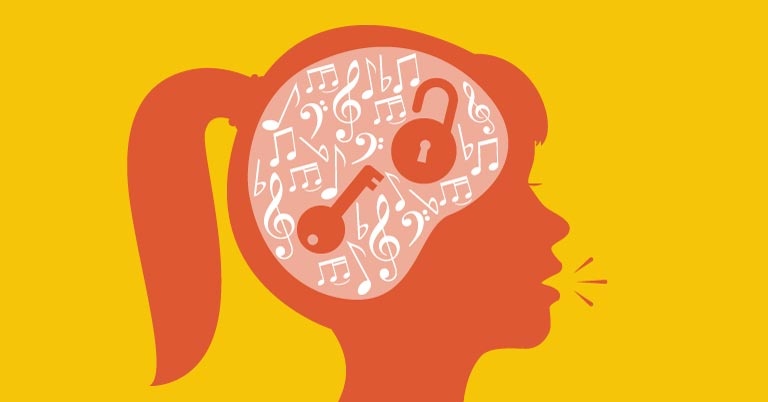Sound is a powerful force that shapes our perceptions, emotions, and behaviors in profound ways. From the soothing melodies of music to the alarming sirens of emergency vehicles, sound has the ability to evoke a wide range of emotions and trigger complex psychological responses. In this article, we’ll delve into the fascinating world of the psychology of sound, exploring how sound influences our thoughts, feelings, and actions, and how we can harness its power to enhance our lives.
1. The Emotional Power of Sound

One of the most intriguing aspects of the psychology of sound is its ability to evoke emotions and mood states in listeners. Music, in particular, has long been recognized for its profound emotional impact, with certain songs or melodies capable of eliciting feelings of joy, sadness, nostalgia, or excitement.
Research has shown that music can directly influence our emotional state by activating areas of the brain associated with pleasure, reward, and emotion processing. Certain musical elements, such as tempo, rhythm, harmony, and lyrics, play a key role in determining the emotional impact of a piece of music, with faster tempos and major keys generally associated with positive emotions, and slower tempos and minor keys associated with more negative emotions.
2. The Role of Sound in Memory and Cognition
Sound also plays a crucial role in memory formation and cognition, influencing our ability to learn, remember, and recall information. Studies have shown that background music can enhance cognitive performance and memory retention, particularly when it is congruent with the content being learned.
Moreover, sound cues can serve as powerful triggers for memory recall, bringing to mind vivid recollections of past experiences or events. This phenomenon, known as the “Proust effect,” is named after the French author Marcel Proust, who famously wrote about how the taste of a madeleine cookie evoked a flood of memories from his childhood.
3. Sound and Spatial Perception
Sound is also intimately linked to our perception of space and spatial relationships. Our auditory system enables us to localize sound sources in the environment, allowing us to navigate our surroundings and interact with the world around us.
Binaural hearing, which involves the perception of sound from two ears, allows us to accurately determine the direction and distance of sound sources. This ability to localize sound is essential for tasks such as locating the source of a conversation in a crowded room or identifying the direction of an approaching vehicle.
4. The Influence of Sound on Behavior
Sound can also have a profound influence on our behavior, shaping our actions and decisions in subtle but significant ways. Background music, for example, has been shown to affect consumer behavior in retail environments, with faster-paced music leading to increased arousal and faster shopping speeds, while slower-paced music encourages shoppers to linger and explore.
Similarly, soundscapes in urban environments can influence social behavior and perceptions of safety and security. Studies have found that the presence of natural sounds, such as birdsong or flowing water, can have a calming effect on individuals and reduce feelings of stress and anxiety.
5. Sound Therapy and Healing

Given its powerful effects on the mind and body, sound is increasingly being used as a therapeutic tool for promoting health and well-being. Sound therapy, also known as sound healing or music therapy, involves the use of sound vibrations to induce relaxation, reduce stress, and alleviate symptoms of various physical and psychological conditions.
Techniques such as binaural beats, sound baths, and guided meditation with music are commonly used in sound therapy to promote relaxation and induce a state of deep relaxation. Sound therapy has been shown to have a range of benefits, including reduced anxiety and depression, improved sleep quality, and enhanced overall well-being.
The psychology of sound is a rich and complex field that explores the ways in which sound influences our thoughts, feelings, and behaviors. From its ability to evoke emotions and memories to its impact on cognition, spatial perception, and behavior, sound plays a central role in shaping our experiences of the world.
By understanding the psychological principles underlying sound perception and processing, we can harness the power of sound to enhance our lives and promote health and well-being. Whether it’s through listening to music, engaging in sound therapy, or simply paying attention to the soundscape of our environment, sound has the potential to enrich our lives in profound and meaningful ways.

